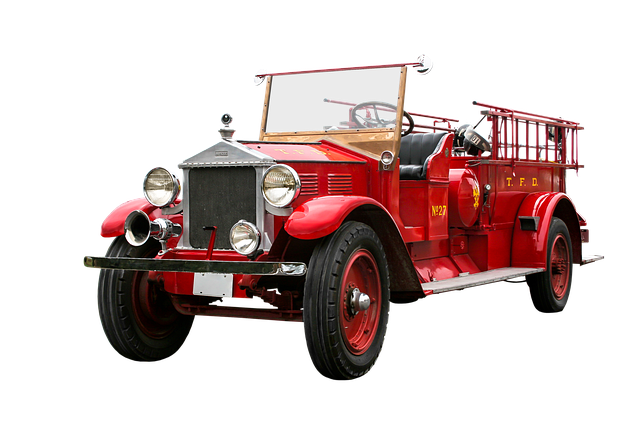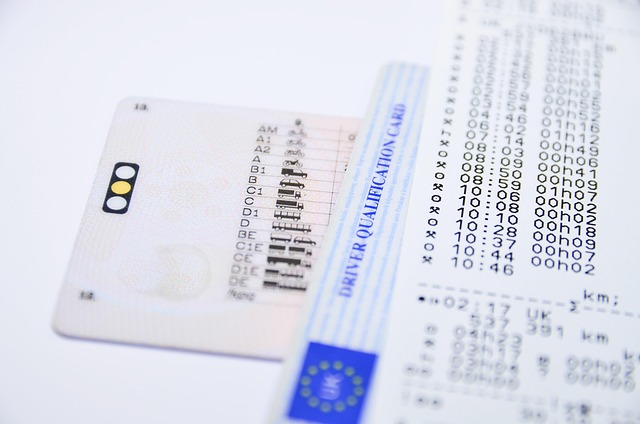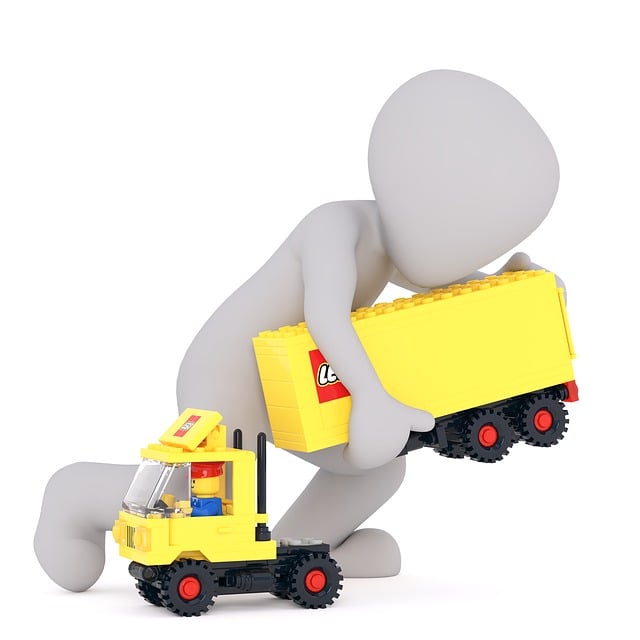Liability insurance, particularly tailored trucking policies, is essential for risk management in the trucking industry. These policies protect businesses from financial losses due to accidents, injuries, property damage, and legal claims, covering medical expenses, legal fees, and compensation. By offering comprehensive coverage, they foster trust, safeguard business continuity, and mitigate risks associated with high-risk operations, ensuring peace of mind for trucking companies and their stakeholders.
In the world of trucking, navigating financial risks is as essential as driving down the highway. Understanding core insurance types – liability, cargo, and physical damage – is crucial for protecting your business and its assets. This article delves into these fundamental coverage options, exploring how each shields against distinct yet significant threats. From general liability’s safeguard against claims to specialized tailored trucking policies catering to unique operational needs, gain insights into securing comprehensive protection on and off the road.
Liability Insurance: Protecting Against Financial Risk

Liability insurance plays a pivotal role in safeguarding businesses, especially those involved in trucking and transportation, from significant financial risks. This type of coverage shields against potential claims arising from accidents, injuries, or damages caused to third parties or their property. In the dynamic world of trucking, where operations can span across states and involve complex logistics, having tailored trucking policies is essential.
It covers various scenarios, including medical expenses for injured individuals, legal fees incurred during lawsuits, and compensation for property damage. By purchasing liability insurance, trucking companies demonstrate their commitment to managing risks effectively and ensuring the financial security of all involved parties. This proactive approach not only builds trust with clients and partners but also ensures business continuity in an industry where accidents can lead to substantial liabilities.
– Definition and scope of liability insurance

Liability insurance is a crucial component in the realm of insurance, designed to protect individuals and businesses from financial losses due to legal liabilities. In the context of trucking, tailored trucking policies specifically address risks associated with operations on the road. This type of insurance covers damages caused by accidents, injuries, or property damage that may arise during the course of transportation activities. It ensures that truckers and their companies are protected against potential lawsuits and financial obligations that could result from these incidents.
The scope of liability insurance includes various scenarios such as collisions, property damage to cargo, personal injury to third parties, and legal expenses incurred during claims processes. Tailored trucking policies may extend coverage to include specific risks like loading/unloading accidents, mechanical failures, or even environmental damage, ensuring comprehensive protection for trucking operations across different sectors.
– Different types of liability coverage (e.g., general liability, professional liability)

Liability insurance is a critical component of any trucking operation, offering protection against potential claims and lawsuits. There are two primary types relevant to the industry: General Liability and Professional Liability. General Liability coverage safeguards against common risks, such as property damage or personal injury occurring on or off the truck during transport. This type of policy ensures that if a claim is filed, the insurer will cover legal costs and damages awarded up to the policy limits.
Professional Liability, also known as Errors and Omissions (E&O) insurance, is tailored for trucking businesses with more specialized services. It protects against claims arising from professional negligence or errors in operations. For instance, a trucking company providing consulting services might need this coverage to shield against accusations of faulty advice or misrepresentations that lead to financial loss for clients. Tailored trucking policies often incorporate both general and professional liability to offer comprehensive protection tailored to the specific risks associated with the industry.
– How it protects trucking businesses from claims and lawsuits

Trucking businesses face unique risks on the road, from accidents and cargo damage to legal claims by injured parties or property owners. That’s where tailored trucking policies step in as a vital shield. These specialized insurance plans are designed to protect against specific perils that frequently affect truckers, offering comprehensive coverage for both physical damage and liability. By customizing their policies to cover everything from vehicle accidents and load loss to driver mistakes and legal fees, trucking businesses can mitigate significant financial losses and ensure they remain operational even in the face of unexpected challenges.
Understanding core insurance types like liability, cargo, and physical damage is essential for any trucking business aiming to mitigate financial risks. By tailoring their policies to cover specific needs, such as general or professional liability insurance, businesses can protect themselves from potential claims and lawsuits. This proactive approach ensures a robust safety net, enabling truckers to focus on the road ahead with confidence.
